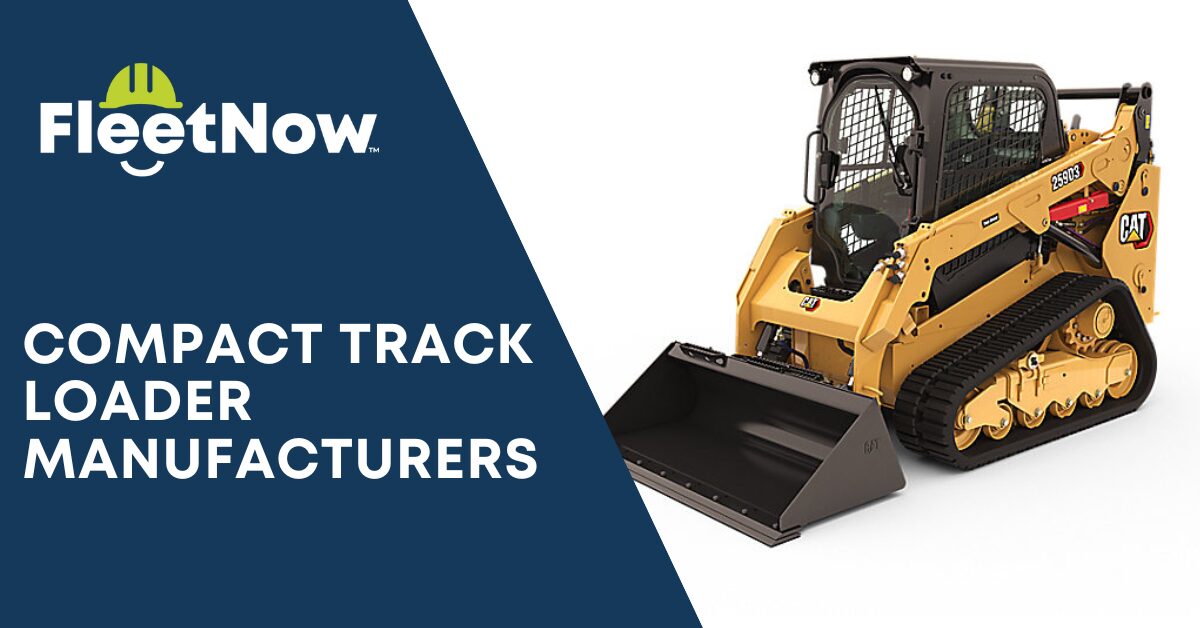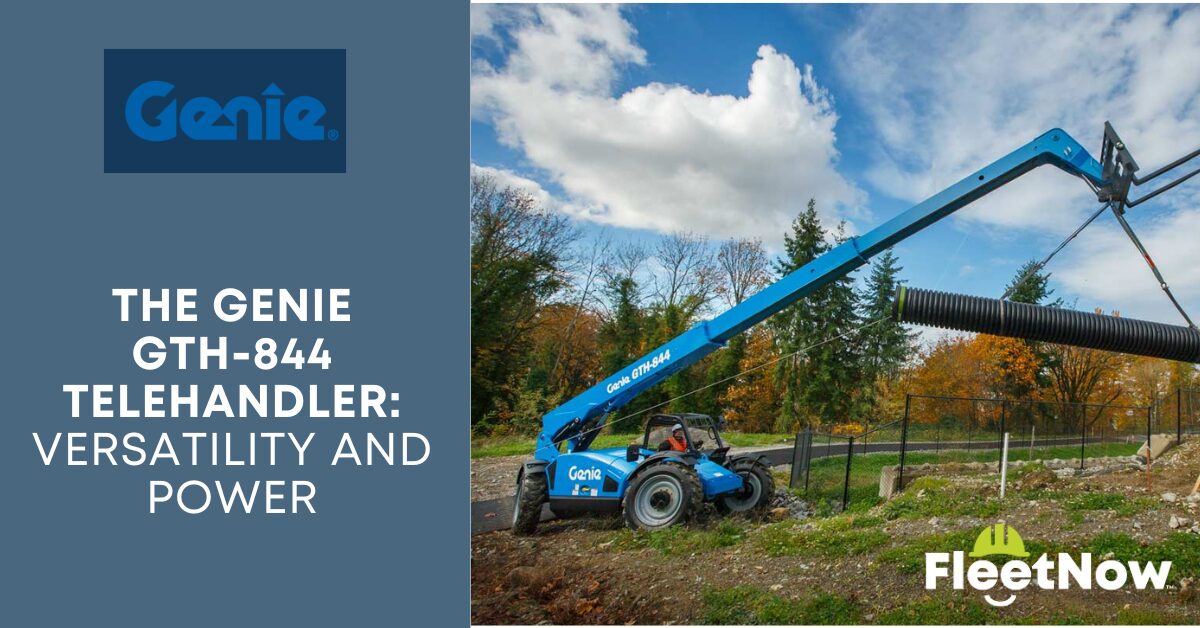Forklift Training: A Key to Workplace Safety
Forklift training is a comprehensive program designed to educate and certify individuals in the safe and efficient operation of forklifts. This training typically includes both theoretical and practical components, covering key areas such as safety regulations, operating procedures, maintenance checks, and hazard identification.
The theoretical aspect involves classroom instruction or online courses that teach the fundamental principles of forklift operation, including understanding different types of forklifts, their functions, and the potential risks associated with their use. Trainees learn about OSHA (Occupational Safety and Health Administration) standards and other relevant safety guidelines.
The practical component involves hands-on training where individuals practice operating a forklift under the supervision of a certified trainer. This includes exercises in maneuvering, loading and unloading materials, performing safety checks, and responding to emergency situations.
Forklift training is essential for reducing workplace accidents, improving operational efficiency, and ensuring compliance with safety regulations. It equips operators with the necessary skills and knowledge to handle forklifts safely, protecting both the workforce and the company’s assets. Successful completion of the training usually results in certification, which is often a requirement for employment in many industries involving material handling and logistics.
Why is Forklift Training Important?
Forklift training is crucial for several key reasons, all of which contribute to a safer, more efficient, and legally compliant workplace.
Safety: Proper training significantly reduces the risk of accidents and injuries. Forklifts are powerful machines, and improper operation can lead to serious incidents such as collisions, tip-overs, and falls. Training ensures that operators understand how to handle the equipment safely, recognize potential hazards, and respond appropriately to emergency situations.
Compliance with Regulations: Regulatory bodies, such as the Occupational Safety and Health Administration (OSHA) in the United States, mandate specific training requirements for forklift operators. Adhering to these regulations not only avoids legal penalties but also fosters a culture of safety within the workplace.
Operational Efficiency: Trained forklift operators are more proficient and efficient in their tasks. They can move materials more quickly and accurately, reducing downtime and increasing overall productivity. Efficient operations also minimize damage to goods and equipment, leading to cost savings.
Cost Savings: By preventing accidents, forklift training helps reduce the costs associated with workplace injuries, including medical expenses, legal fees, and compensation claims. Additionally, minimizing damage to products and equipment results in lower repair and replacement costs.
Employee Confidence and Morale: Well-trained operators are more confident in their abilities, which can lead to higher job satisfaction and morale. When employees feel safe and competent, they are more likely to be engaged and motivated in their work.
Reputation and Trust: Companies that prioritize forklift training demonstrate a commitment to safety and professionalism. This can enhance their reputation with clients, partners, and regulatory bodies, fostering trust and potentially leading to more business opportunities.
Overall, forklift training is an investment in the workforce and the business, yielding benefits that extend beyond mere compliance to encompass safety, efficiency, and financial health.
Where Can I Attend Forklift Training?
If you’re looking to attend forklift training, there are several options available depending on your location and specific needs. Here are some common places where you can find forklift training programs:
1. Local Community Colleges and Technical Schools
Many community colleges and technical schools offer forklift training courses. These programs are often comprehensive and provide both classroom instruction and hands-on practice.
2. Forklift Manufacturers and Dealers
Forklift manufacturers and dealerships often provide training programs tailored to the specific models they sell. These programs are beneficial because they offer detailed instruction on the particular equipment you’ll be using.
3. Professional Training Organizations
Various professional organizations specialize in workplace safety and equipment training. These organizations provide certified forklift training courses that meet OSHA standards.
4. Online Training Programs
For flexibility and convenience, there are online training courses available. While these may not offer hands-on experience, they provide essential theoretical knowledge and can be supplemented with practical training at a local facility.
5. Employers
Many companies provide in-house forklift training for their employees. This ensures that training is specific to the equipment and conditions at your workplace.
6. Union Training Programs
If you are a member of a labor union, your union might offer forklift training as part of their continuing education programs.
7. OSHA-Approved Training Centers
OSHA provides resources and sometimes conducts training sessions through authorized training centers. These programs are designed to ensure compliance with safety regulations.
Before enrolling, ensure that the program is recognized and complies with OSHA standards or relevant local regulations. It’s also beneficial to verify that the training includes both theoretical and practical components to fully prepare you for safe forklift operation.
Do Forklift Certifications Expire?
Yes, forklift certifications do expire. In the United States, the Occupational Safety and Health Administration (OSHA) requires that forklift operators be re-evaluated and recertified every three years to ensure they maintain the necessary skills and knowledge for safe operation. This periodic recertification helps reinforce proper techniques, update operators on any regulatory changes, and ensure compliance with safety standards. Additionally, if an operator is involved in an accident or observed operating unsafely, they must undergo additional training and evaluation, regardless of the last certification date. Regular recertification is essential for maintaining workplace safety and minimizing the risk of forklift-related incidents.







